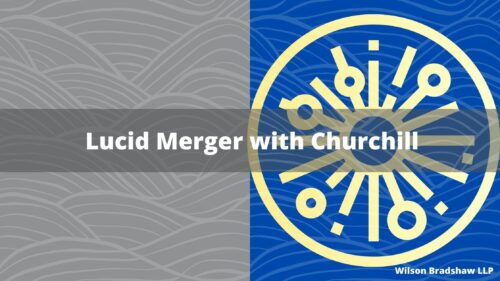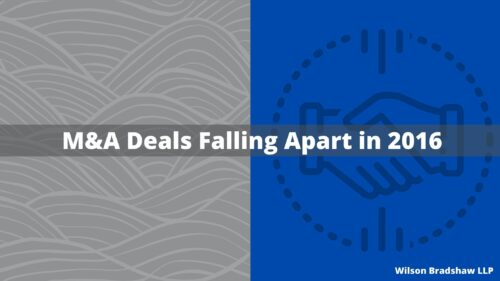Category Archives: Mergers & Acquisitions
Lucid Motors Merger with Churchill
On February 22nd, 2021, Lucid Motors announced[1] its proposed merger with Churchill Capital Corp IV [...]
Jun
Disclosure Schedule is Very Important in Mergers and Acquisitions
A disclosure schedule is very imprtant! In the process of putting together a merger or [...]
Mar
M&A Deals Falling Apart in 2016
Coming off of a record $4.7 trillion M&A year in 2015, 2016 has had $400 [...]
May
M&A Deals Falling Apart in 2016
Coming off of a record $4.7 trillion M&A year in 2015, 2016 has had $400 [...]
May
M&A Deals Falling Apart in 2016
Coming off of a record $4.7 trillion M&A year in 2015, 2016 has had $400 [...]
May
Going Public with a Reverse Merger
Going Public There are many benefits, and some downsides, to taking a company public. Going [...]
Jan
Going Public with a Reverse Merger
Going Public There are many benefits, and some downsides, to taking a company public. Going [...]
Jan
Going Public with a Reverse Merger
Going Public There are many benefits, and some downsides, to taking a company public. Going [...]
Jan
Reverse Mergers: A Basic Primer
Why Reverse Mergers? Most people think “IPO” when they hear that a company is going [...]
Sep
Reverse Mergers: A Basic Primer
Why Reverse Mergers? Most people think “IPO” when they hear that a company is going [...]
Sep





